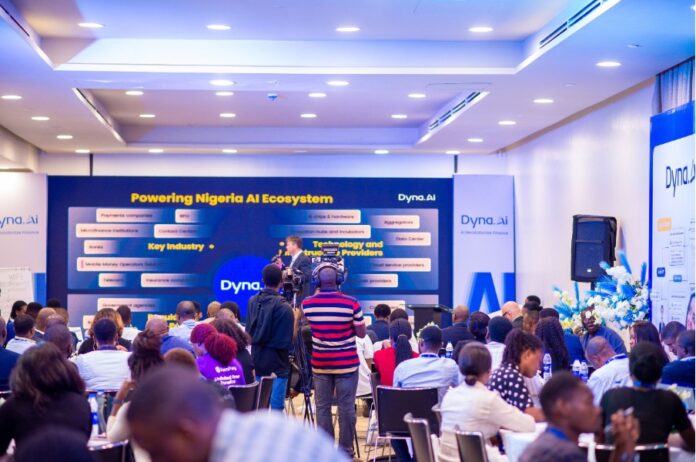Across tech hubs in Lagos, Abuja, Port Harcourt, and even remote towns like Iseyin in Oyo State, young Nigerians are learning how to build AI tools that solve problems in real-time—from automating school fee payments to powering smart security systems in gated estates.
According to the National Bureau of Statistics, Nigeria’s unemployment rate among youth remains high, but the digital economy offers hope. Several global firms—including Google, Microsoft, and Meta—are investing in Nigerian AI talent. In 2024, the Federal Ministry of Communications, Innovation & Digital Economy announced a ₦2.8 billion grant from Google.org to Data Science Nigeria, aimed at bolstering AI talent development across the country.
Microsoft has also unveiled a $1 million initiative to train one million Nigerians in artificial intelligence and digital skills over the next two years. Announced in February 2025, this program is a collaboration with organizations such as Tech4Dev and Data Science Nigeria, focusing on enhancing the employability of Nigerian youth through education in AI and cybersecurity.
In the education sector, AI is transforming learning experiences for Nigerian students. Platforms like uLesson and Afrilearn are leveraging AI to provide personalized learning paths, interactive lessons, and real-time feedback. These platforms cater to primary and secondary school students, offering curriculum-based content that adapts to individual learning paces.
Moreover, initiatives like the federal government’s integration of AI-driven platforms aim to enhance teaching and learning in schools, providing tools that assist educators in curriculum planning and student assessment.
Nigeria’s fintech sector is at the forefront of AI adoption, with startups utilizing AI for credit scoring, fraud detection, and customer service automation. Companies like Dyna.Ai are partnering with local banks to deploy AI-powered tools that enhance operational efficiency and customer experience.
Speaking during a recent interview with Arise TV, the Chief Executive Officer of Bildup Technology, Chibuike Aguene, said Nigeria, given its position as a continental powerhouse, should lead the AI revolution in Nigeria.
He said: “We are yet to understand the magnitude of what is happening especially in nigeria and Africa. AI is revolutionizing every industry. Niegria should not prepare for AI era. Nigeria should lead. During the mobile phone era, we were preparing. We didn’t provide leadership; social media era, we also prepared. We didn’t provide leadership. This is artificial intelligence era. I think it’s time for us to lead. We have once in a generation opportunity to level the playing field when it comes to access to quality education compared to what is happening maybe in the United States or China.”
AI-driven credit scoring models are particularly impactful, enabling financial institutions to assess loan eligibility for individuals without traditional credit histories. This approach expands access to financial services for the unbanked population, fostering greater financial inclusion.
In agriculture, AI technologies are empowering farmers with tools for precision farming, crop monitoring, and yield prediction. Startups are developing AI-powered applications that analyze satellite imagery and weather data to provide farmers with actionable insights on planting schedules, pest control, and irrigation management.
These innovations are particularly beneficial for smallholder farmers, who can now make data-driven decisions to optimize their farming practices and increase productivity. By integrating AI into agriculture, Nigeria aims to enhance food security and promote sustainable farming practices.
Despite these advancements, challenges persist. Infrastructure deficits, such as unreliable electricity and limited internet access, hinder the widespread adoption of AI technologies. Additionally, there is a need for increased investment in AI research and development, as well as policies that support innovation and protect data privacy.
While acknowledging the nation’s various challenges, experts said Nigeria could make meaningful contributions globally but that more serious conversation ought to be had about what artificial intelligence truly meant.
Aguene said that if education was only seen as a path to certification, then access to more information could appear threatening. However, if education was understood as the process of gaining knowledge to find solutions, then additional access to information through tools like AI should be considered an asset.
Nevertheless, the momentum is building. With a growing pool of talented youth, supportive initiatives, and an increasing number of startups embracing AI, Nigeria is poised to harness artificial intelligence as a catalyst for economic transformation.

